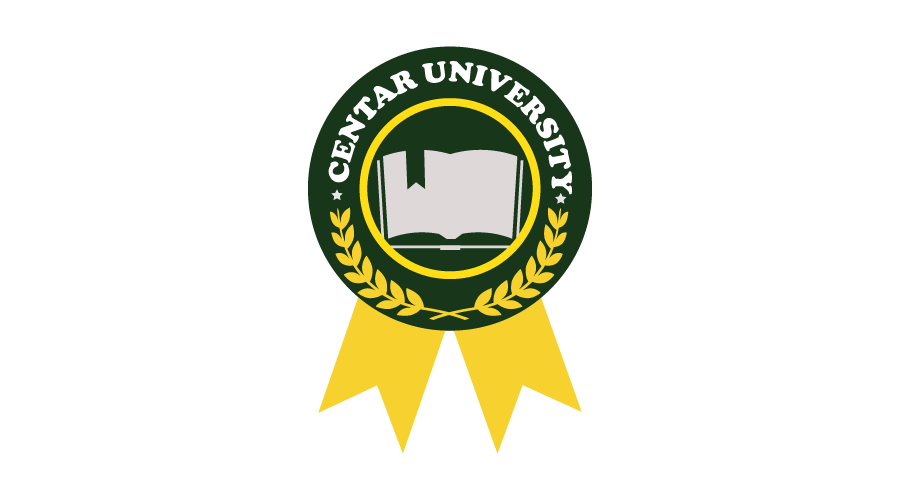The digital revolution has redefined how businesses operate and communicate with customers. In this ever-changing landscape, digital marketing has emerged as a powerful career option for individuals from diverse professional backgrounds. However, the key to thriving in this competitive field lies in not just understanding the theory but applying it effectively. That’s where practical learning becomes a game-changer.
As digital channels become the primary touchpoints for businesses, employers increasingly prioritize hands-on experience over academic degrees. Theoretical knowledge provides the foundation, but real-world experience builds the expertise needed to navigate complex marketing challenges. Practical learning helps individuals evolve from passive learners to active problem-solvers—an essential shift in today’s job market.
The Shift Toward Experiential Learning
Unlike conventional classroom setups, practical learning focuses on experience-based education. It immerses learners in real-world scenarios, encouraging critical thinking, experimentation, and collaboration. In digital marketing, this approach means working on live campaigns, using industry tools, and analyzing campaign data—experiences that can’t be fully captured through textbooks.
For example, those enrolled in a Digital Marketing Course in Ahmedabad often work on actual social media campaigns, PPC ad creation, and SEO strategies. These experiences provide the opportunity to learn from both success and failure, which ultimately enhances decision-making and problem-solving abilities.
Developing Job-Ready Skills Through Practice
A hands-on curriculum helps learners acquire technical and strategic skills essential for job readiness. Key areas like Google Analytics, email marketing automation, influencer outreach, and content strategy demand more than just theory. It’s the ability to execute these strategies under real conditions that makes a candidate stand out.
Students in a digital marketing course in Surat frequently participate in capstone projects, where they’re responsible for the end-to-end planning and execution of a digital campaign. From budgeting and platform selection to performance optimization and reporting, this full-cycle approach mirrors the responsibilities of a digital marketing professional in a real work environment.
Understanding the Nuances of Digital Tools
Every digital marketing strategy relies on a set of tools—whether it’s SEMrush for keyword research, Mailchimp for email campaigns, or Meta Business Suite for managing paid ads. While classroom lectures may introduce these tools conceptually, practical training ensures students actually use them.
This distinction matters. Knowing how to set up a campaign in theory is vastly different from launching one, monitoring KPIs, and tweaking ad creatives in real-time. Learners gain confidence as they navigate these tools, troubleshoot issues, and analyze data to measure impact—skills highly valued by employers across industries.
Encouraging Innovation and Creativity
One of the underrated benefits of practical learning is that it nurtures creativity. Digital marketing is not a static field—it rewards innovation and adaptability. When learners are encouraged to experiment with campaigns, test A/B variations, or brainstorm content ideas, they unlock their creative potential.
Whether it’s exploring viral marketing tactics or crafting engaging Instagram Reels, students benefit from an environment where trying new things is encouraged. This trial-and-error approach helps individuals discover their niche, be it performance marketing, storytelling, or brand strategy.
Enhancing Soft Skills for Professional Growth
In addition to technical abilities, soft skills play a crucial role in digital marketing careers. Practical learning fosters communication, teamwork, time management, and presentation skills. Collaborative projects, client meetings, and group discussions simulate real job situations where these soft skills are essential.
For instance, during a Digital Marketing Course in Ahmedabad, learners may present their campaign proposals to a panel or defend their strategies to peers. These experiences mimic client pitches and internal reviews, preparing them to perform confidently in professional settings.
Adapting to Evolving Industry Trends
Digital marketing is shaped by shifting algorithms, platform updates, and consumer behavior trends. A course with a hands-on learning approach stays updated and responsive to these changes. Unlike static curriculum models, practical courses adjust their modules to reflect what’s current and relevant.
In a digital marketing course in Surat, students are often introduced to the latest developments in AI-driven marketing, voice search optimization, short-form video trends, and data privacy regulations. These real-time insights ensure learners are not only informed but also ready to implement modern tactics in professional roles.
Gaining a Competitive Edge in Job Interviews
When it comes to interviews, practical experience gives candidates an undeniable advantage. They can confidently discuss tools they’ve used, campaigns they’ve worked on, and measurable results they’ve achieved. This not only makes a stronger impression but also reflects a higher level of preparedness and maturity.
Interviewers are more inclined to hire individuals who can demonstrate value from day one. Practical exposure allows candidates to showcase case studies from their learning, explain their thought process, and provide solutions based on past projects.
Building a Portfolio That Speaks Volumes
A robust portfolio is a crucial asset for anyone entering the digital marketing job market. Practical learning environments provide students with tangible outcomes—campaign screenshots, analytics reports, content calendars, and SEO audits—that they can include in their professional portfolio.
These materials serve as proof of skill, initiative, and understanding. Whether applying for internships, freelancing gigs, or full-time roles, a compelling portfolio supported by real results can tip the scales in a candidate’s favor.
Real-Time Feedback for Continuous Improvement
Another benefit of experiential learning is immediate feedback. Instructors and mentors can provide timely input during live projects, helping learners understand what went wrong and how to fix it. This accelerates learning and instills a habit of continuous improvement.
Peer reviews and instructor assessments also help develop a sense of accountability and encourage professional growth. Learners become more open to critique, which is essential in a results-driven field like digital marketing.
Conclusion: Why Practical Learning is a Must for Aspiring Marketers
Digital marketing is a skill-based profession. Success doesn’t depend solely on theoretical knowledge—it’s about how well you can apply that knowledge in a real-world context. A strong practical foundation ensures that learners don’t just memorize terms but develop the ability to create, analyze, and improve marketing strategies dynamically.
ASDM recognizes this need and offers a comprehensive, hands-on digital marketing training program designed to meet the demands of the modern job market. With award-winning programs in Ahmedabad, Vadodara, and Surat, the institute provides 100% placement support and practical learning modules that empower individuals to excel in the digital domain from day one. Whether you’re starting your career or upskilling, their approach ensures you’re ready for the challenges and opportunities ahead.



